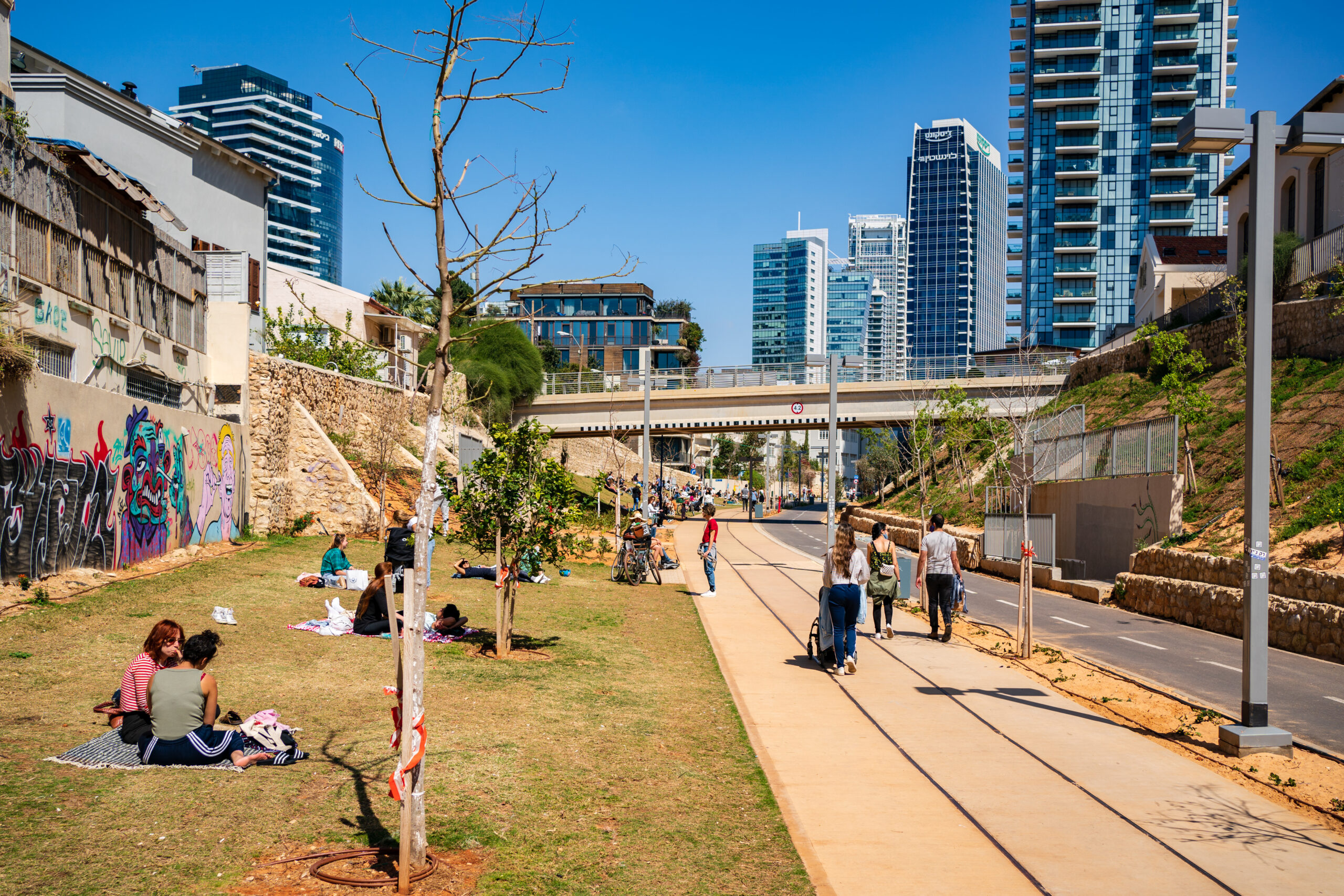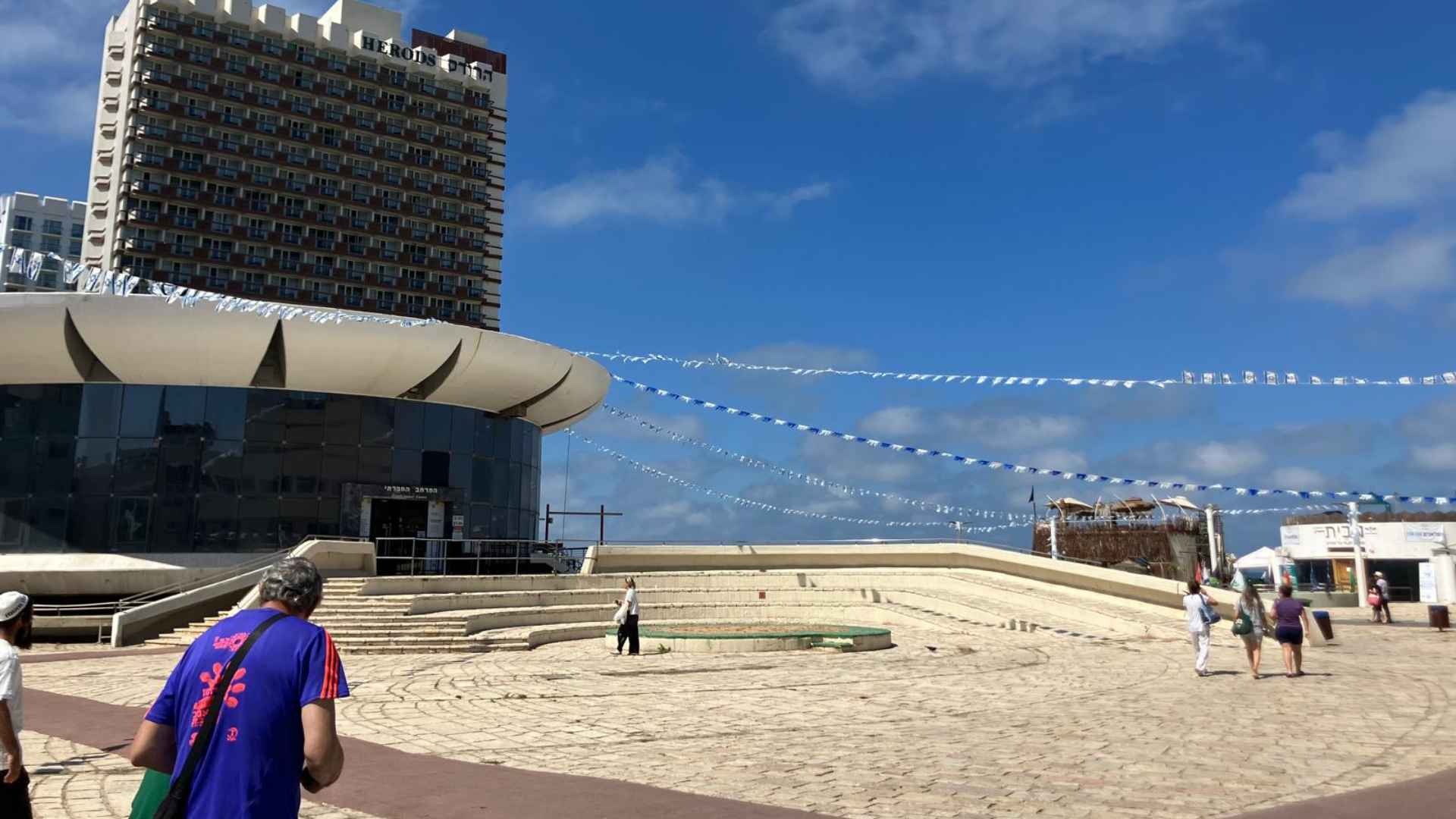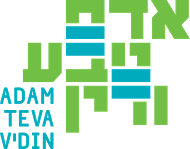Blog post by Rachel Smith-Savaya, Director of International Partnerships
Pesach (Passover) is one of the most widely observed Jewish holidays, marked by the Seder, in which we retell the story of the Exodus from Egypt. As so many of us partake in this fascinating and deeply pedagogical ritual, I believe that every year is an opportunity to bring in a new perspective or idea and ensure the central story continues to stay relevant and meaningful. And, of course, working at Adam Teva V’Din means I am always looking to relate to environmental and/or climate issues. (See last year’s blog on using the salt water to talk about the challenges facing the Dead Sea.)
As I flicked through the haggadah for inspiration, I saw the piece that talks of “Four Sons” – or the far more inclusive (especially as I only have daughters), “Four Children”. Like in any seder, the children who are encouraged to ask questions – starting with the scripted “Ma Nishtana” or “Four Questions” – do have questions and are crudely characterized accordingly as the wise child, the wicked child, the simple child and the child who doesn’t know how to ask. I started to wonder, how might this text look and feel, if it were about climate crisis? Perhaps a bit like this…
The wise child
What does the wise one ask? “What are the laws, policies, and legal actions that Adam Teva V’Din is advancing to fight the climate crisis and protect future generations?”
“You should explain to them the full framework: About the Climate Bill we’re working to strengthen. About the emissions targets we’re demanding. About climate justice and the legal tools needed to enforce real change. “No climate law shall be
symbolic only; it must have clear goals, deadlines, and enforcement mechanisms.”
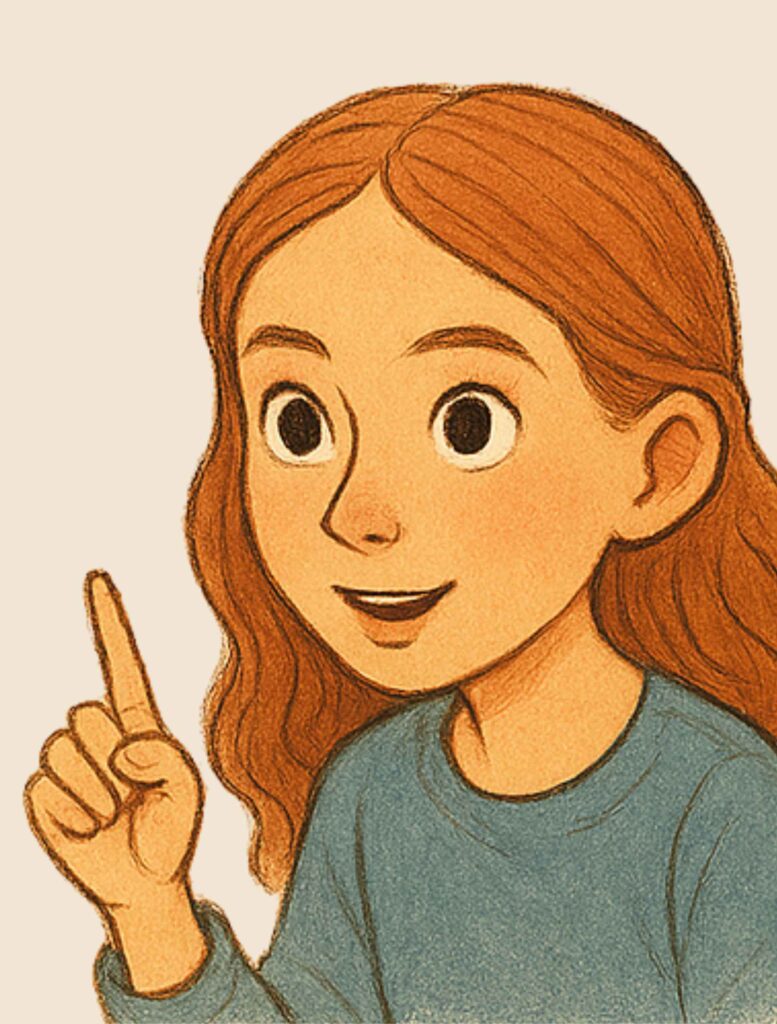
The wicked child
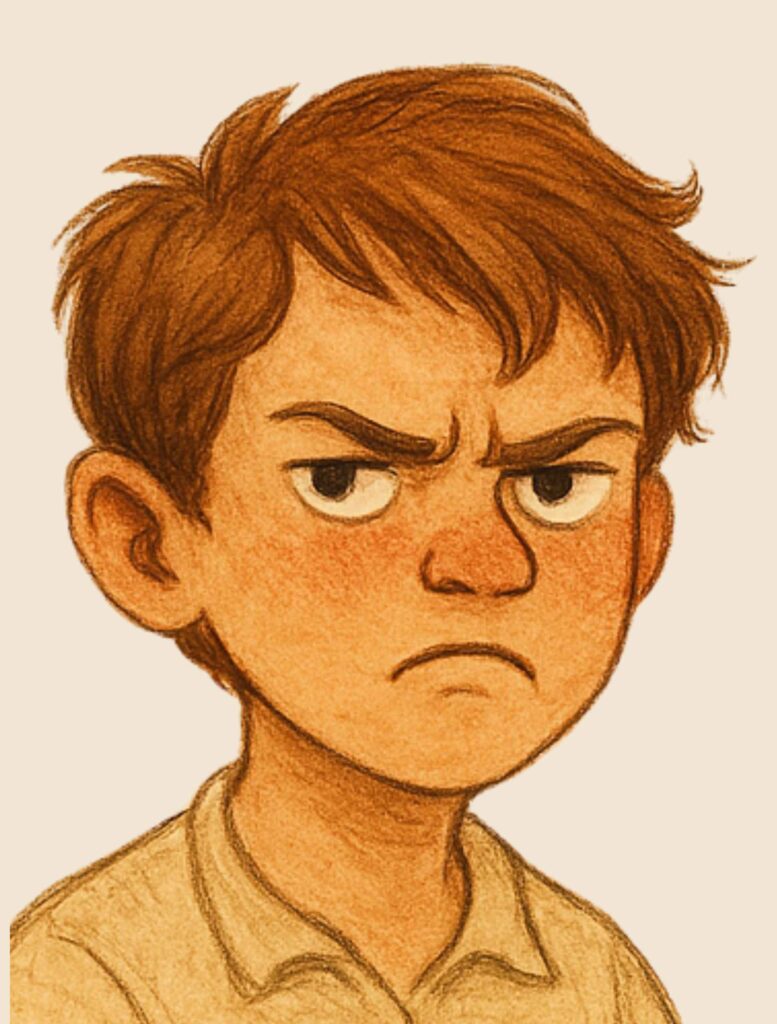
What does the wicked one ask? What’s all this activism to you?” – To you and not to him.
By excluding themselves from the shared responsibility, they deny the principle that this planet is our common home. You must set their assumptions straight and say: “Because of this – the work of protecting air, land, and water – I act, so that others too may live with dignity and breath.” Had they been silent in times of crisis – they would not have been part of the solution.
The simple child
What does the simple one ask? “What is all this?”
And you shall say to them: “With determination and legal tools, Adam Teva V’Din stands up to polluters, protects the sea, and ensures environmental rights for all.”
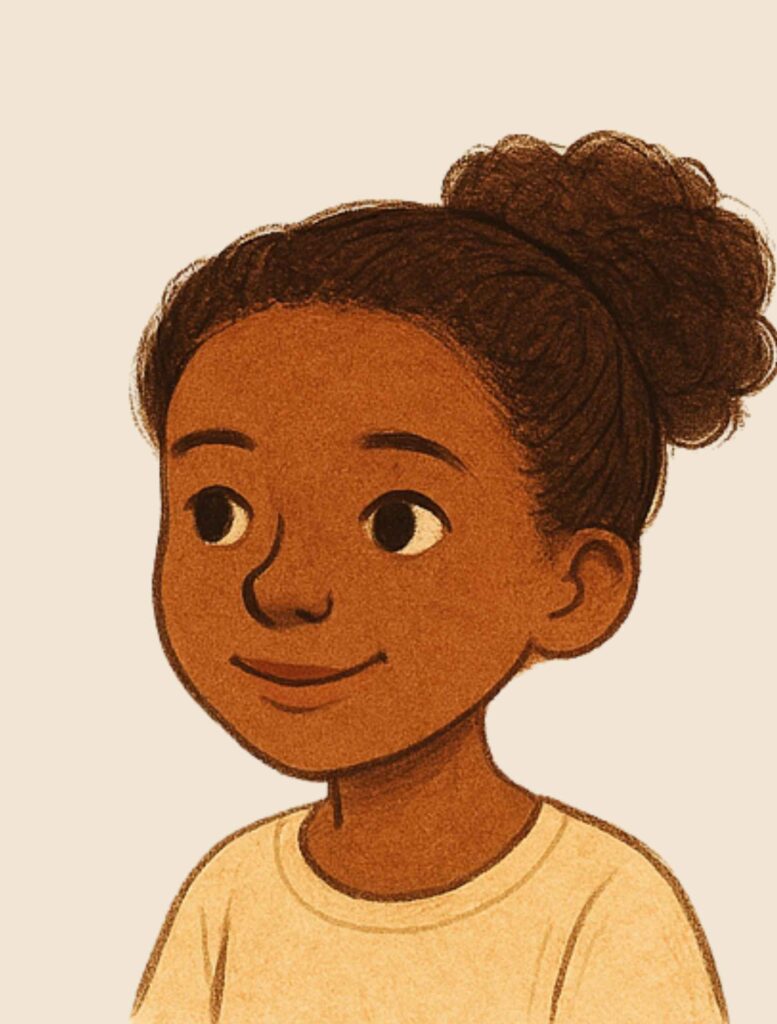
The child who doesn’t know how to ask
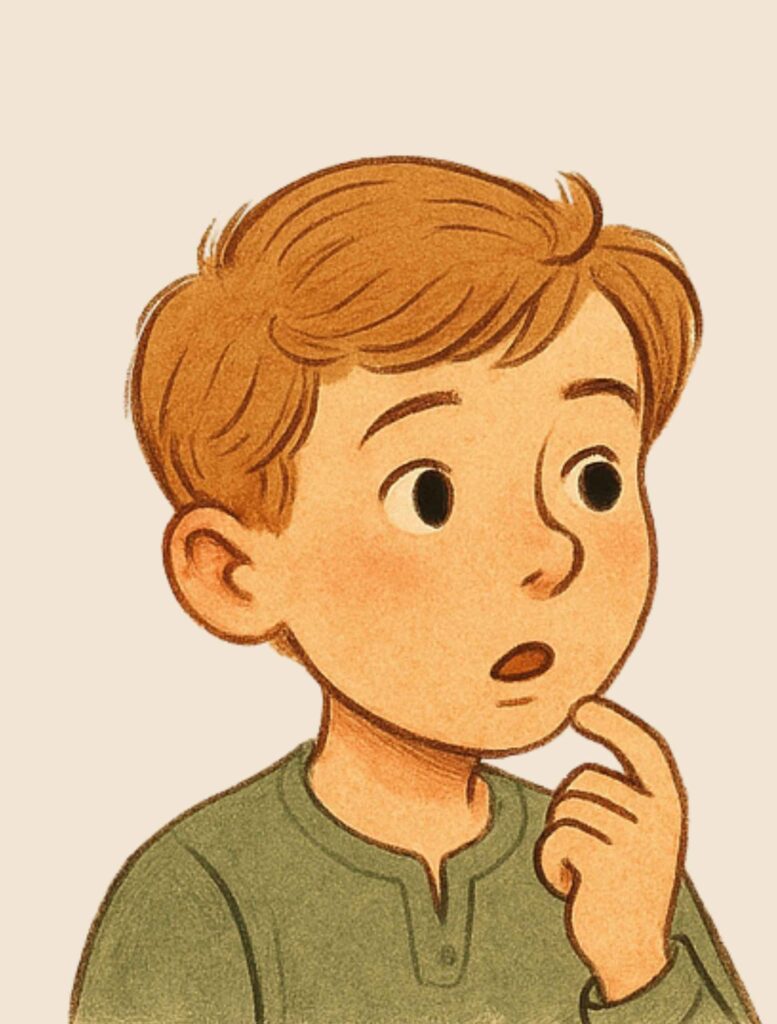
This one does not know how to ask
You must open the conversation for them, and say: “It is for this reason we act – because the climate crisis threatens our health, fires and floods threaten our homes, and our future. And so we fight, in the courts, in the Knesset, and on the ground.”
One response to all four children
It has been suggested by someone far wiser than me, that perhaps rather than the four children being such extreme stereotypes, we each have all of them in us. So which of these children or perspectives is closest to your thoughts on or understanding of the climate crisis? Or your children’s? What combination of these children do you most relate to? How can we best respond to these children who should all be praised for trying to engage in a challenging and pressing subject?
As we gather this Passover, let us reflect on the role we each have in addressing the climate crisis. Let’s renew our commitment to the fight for climate justice, ensuring a better world for generations to come. Together, we can ensure a more sustainable and just future.


